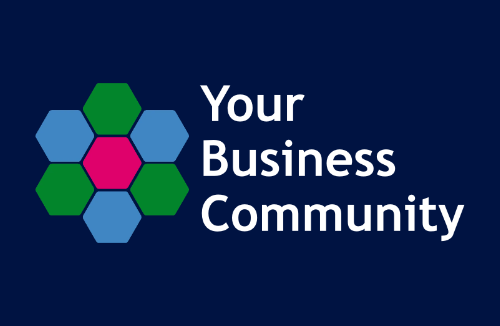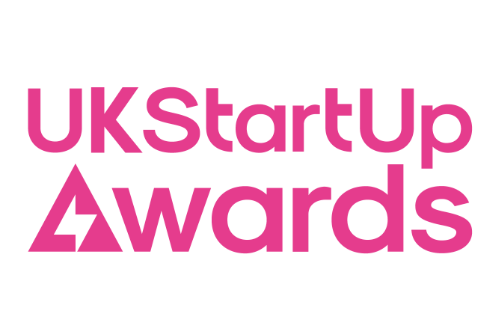With the technology needs of accountants evolving at a rapid pace, practice leaders in the UK are continually looking for ways to enhance and improve their compliance processes.
We recently conducted a survey on accountants working in firms of various sizes across the UK, which has provided valuable insights into how these firms view the role of technology, their progress in implementing different tech stacks, and the challenges they’re facing.
Standardising working papers: A balancing act
When asked about standardising working papers (WP), the responses were evenly split. About half of the firms said this is their goal, while the other half agreed that although they aim for standardisation, some bespoke work will always be required.
This mirrors the reality of compliance work in the UK. While firms are keen to streamline processes and introduce efficiencies—particularly as compliance demands grow—each client’s needs differ, making bespoke work almost unavoidable.
As a product-led company, the challenge is to ensure we are developing tools that cater for standardisation while offering integrations and flexibility to handle more bespoke requirements. It’s a fine balance, but one that will continue to shape the way tech solutions are designed to service the accounting sector.
Progress on best-of-breed tech stacks: A mixed picture
The largest group of firms (50%) indicated that they are making headway with a best-of-breed technology stack, though some older legacy tools remain in use. Not far behind, however, are those firms that have barely made any progress, with several respondents stating their journey to a best-of-breed tech stack is either “not at all” or “less than 50%.”
While it’s encouraging to see that a good portion of firms are pushing towards adopting modern best-in-class tech solutions, the slower progress among others suggests there are hurdles that need to be addressed. This presents an opportunity for technology providers to better understand these obstacles and offer more tailored solutions.
It’s clear that firms are choosing solutions based on their specific needs, rather than rushing to adopt a single approach (or moving away from a traditional end-to-end platform). The sector will continue to lean on bespoke elements where necessary, meaning tech solutions need to remain adaptable.
The biggest barriers: Non-technical demands lead the way
Perhaps surprisingly, the biggest barrier to tech adoption wasn’t technical at all. Around 40% of firms said that “Other non-technical practice demands” were their largest obstacle, indicating that day-to-day business operations often take precedence over long-term tech investments. Recruitment and headcount were other key factors. In addition, a few firms (not small ones either) cited a lack of technical expertise as a key challenge.
For tech providers, this presents a clear opportunity: firms need more than just software, they need guidance. Offering a consultative approach that includes training and ongoing support is likely to help firms overcome these barriers. This isn’t just about selling software but about forming partnerships that support firms through the process of tech adoption.
Xero leads the way (but Excel for working papers is still prevalent)
When it comes to ledger synchronisation, Xero was the most frequently cited tool overall, with almost 85% of firms mentioning it as their preferred solution for ledger sync.
When it comes to working papers, less efficient technology rules with Excel coming out top , mentioned by 15 out of 24 firms. Despite the growing number of cloud-based tools, Excel’s familiarity and flexibility mean it’s still widely used for compliance work.
The shift towards more modern, cloud-based solutions like Xero continues, but the survey also highlights the challenge tech providers face when competing with established tools like Excel. The transition to fully cloud-based systems may be gradual, but the appetite is clearly there.
Professional networks: The go-to for tech ideas
One of the most interesting insights from the survey was that 80% of firms said their professional network is the most important source of new technology ideas. This shows how much influence peers and professional communities have on decision-making when it comes to adopting tech solutions.
For providers, this underscores the importance of building relationships within the accounting community. Engaging with industry influencers, participating in key events, and contributing to thought leadership discussions can help build trust and credibility. Firms will continue to rely on their networks for guidance, so maintaining visibility in these spaces will be crucial for tech companies.
Looking ahead: AI makes an appearance, but no clear consensus
When asked about the biggest challenges they expect to face in the next year, there was no clear consensus, though, as you would expect, artificial intelligence (AI) was mentioned by some. While not at the forefront of every firm’s mind, AI is starting to make its way into conversations, and its potential impact on compliance work is worth noting.
As AI technology develops, it’s likely to play a larger role in automating tasks, improving accuracy, and generating insights. For tech providers, this presents a significant opportunity to innovate and offer AI-powered solutions that can help firms not only meet compliance requirements but gain a competitive edge in the process.
Closing thoughts
The findings from this survey offer a valuable snapshot of how UK accounting firms view the role of technology in compliance work. While many firms are making progress—particularly with the adoption of more bespoke and best-in-class tech stacks—others are held back by non-technical demands and a lack of in-house expertise.
For tech providers like Silverfin, the key takeaway is the need for flexibility and support. Firms are not simply looking for software; they need solutions that integrate into their existing workflows and help them manage the unique challenges of their day-to-day operations. Building strong relationships within the accounting community and offering ongoing guidance will be essential in helping firms successfully navigate this tech-driven shift.
As a product-led business, the focus must remain on creating adaptable, scalable tech solutions that are not only relevant to today’s needs but can also evolve to meet the demands of tomorrow. With AI and other emerging technologies on the horizon, the future of compliance work will undoubtedly be shaped by those firms and providers who can harness the full potential of technology.
Share via:










































